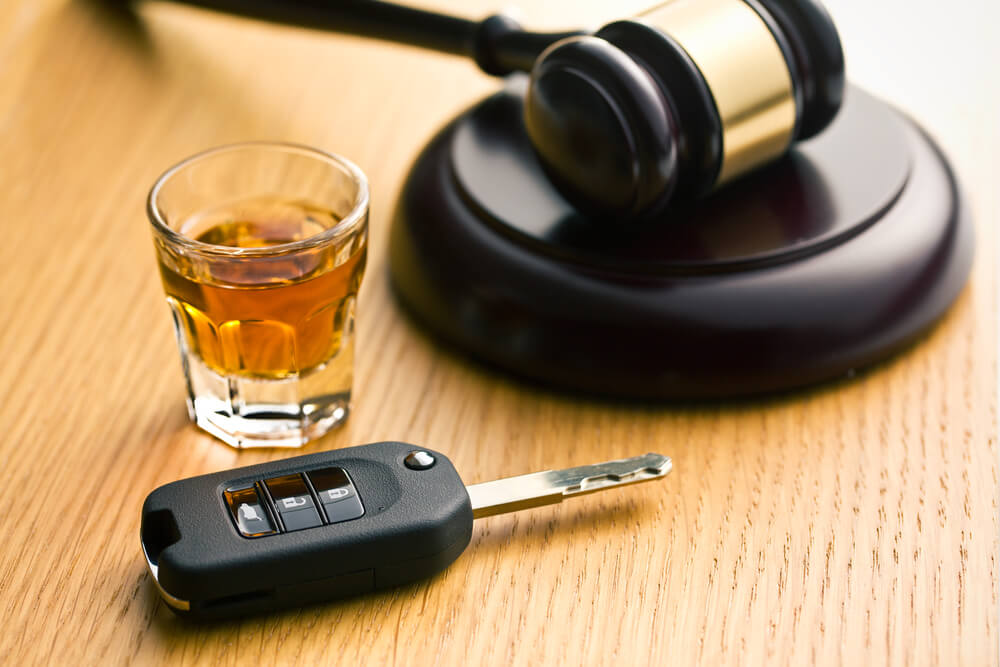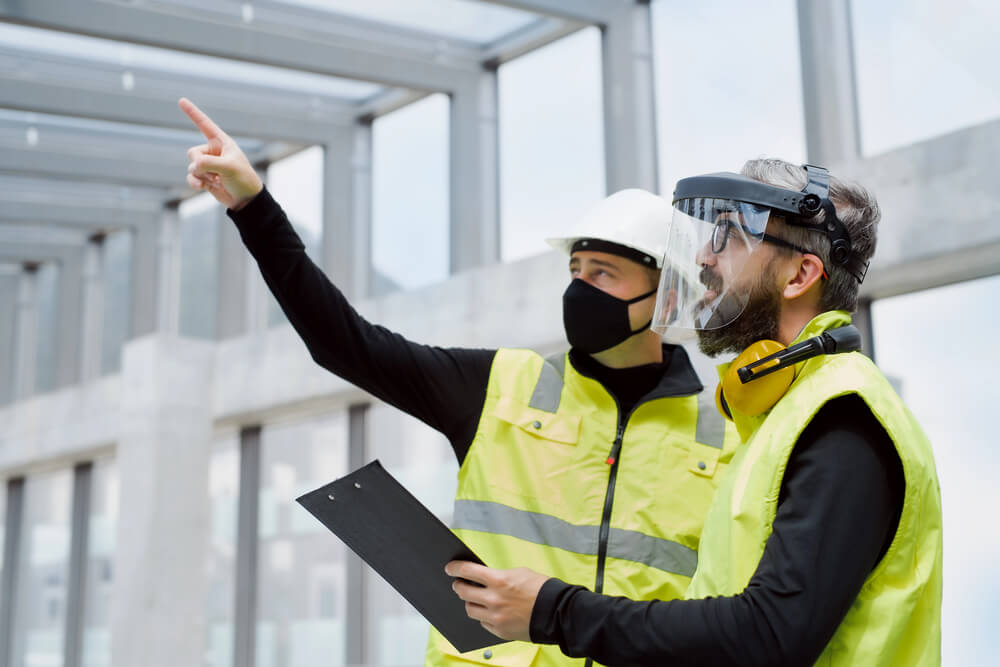If you are in the alcohol or tobacco industry, to receive a license to either make, distribute, or sell alcoholic beverages or tobacco products in the state of Florida, a Florida Alcoholic Beverage and Tobacco Surety Bond (ABT Bond) must be posted. While there are many different types of licenses, they are all based on the same form, Form DBPR ABT-6001.
Who Needs an ABT Bond?
ABT bonds are required of all entities to make, sell or distribute alcohol or tobacco products in Florida. These bonds are in place to ensure that principals – the party holding the bond – pay all necessary taxes on the products specified. Some examples of those who require an ABT bond and their costs include:
Alcohol
- Winemakers or bottles – A $5,000 bond
- Brewers of beer or malt beverages – A $20,000 bond
- Distillers or blenders of spirits – A $25,000 bond
- Distributors of beer and wine – A $25,000 bond
- Distributors of beer, wine, and spirits – A $100,000 bond
- Distributors of sacramental wine – A $25,000 bond
- Warehouse operators – The bond amount is determined by the Department of Business and Professional Regulation (DBPR) and ranges between a $1,000 and $5,000 bond.
Tobacco

- Cigarette distributing agents – A bond equal to 110 percent of estimated tax liability for 30 days, but no less than $2,000
- Tax-paid wholesale dealers – A $2,000 bond
- Stamping agents – A bond equal to 110 percent of estimated tax liability for 30 days, but no less than $2,000
- Cigarette exporters – A bond equal to 110 percent of estimated tax liability for 30 days, but no less than $2,000
- Wholesale tobacco dealers and distributors – The bond amount is determined by the DBPR but can range from $1,000 to over $100,000.
How Long Do Florida Alcoholic Beverages and Tobacco Surety Bonds Last?
Florida ABD bonds are continuous and run from the effective date until cancelation. Also, ABT bonds may be revoked and discontinued by giving 60 days written notice to the DBPR. The company in charge of bonding renews and bills for the bond each year, with some variations on the bonding amount required due to differences in business volume each year.
Contact an Experienced Florida Business Lawyer Today
At Loshak Law PLLC, corporate and business law are what we do best. When you contact Loshak Law PLLC, our number one priority is to help your business do better, whether that means consulting on growth strategy, assisting with the sale or acquisition of assets, or resolving customer or vendor disputes. Whatever your business needs, we are here to help. We understand all facets of Florida compliance law, as well as the alcoholic beverage and tobacco sectors.
We have nearly two decades of combined experience representing some of Florida’s best businesses. Our extensive legal suite of services are perfectly tailored to suit the needs of every company. No matter what the size of your company, we’re here to help. Contact our firm today at 954-334-1122.










